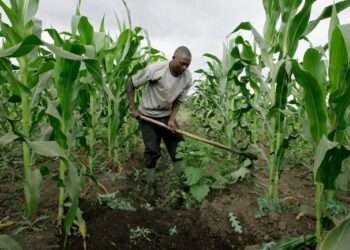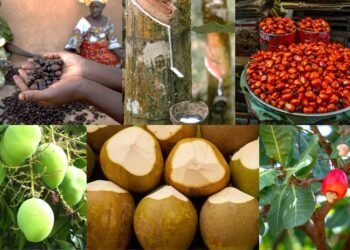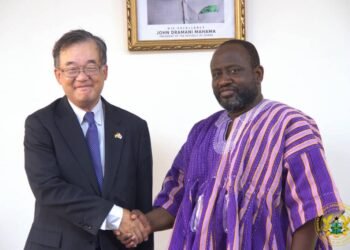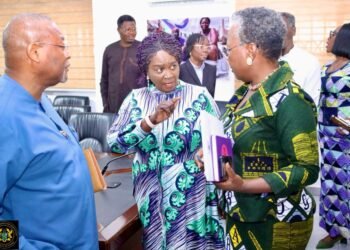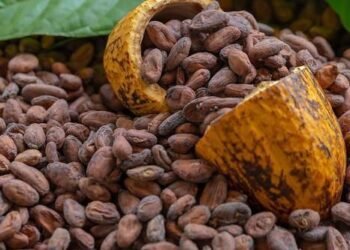The government has iterated its commitment to ensure the long-term sustainability of coffee production in the country and as such, has earmarked an amount of GH¢2.08 million to support coffee activities in the 2021/2022 crop season.
The recent allocation to the coffee sub-sector in the 2021/2022 cropping season is GH¢ 0.19 million lower than the amount allocated to the development of the crop in the previous season. In the 2020/2021 crop season, COCOBOD made a budgetary allocation of GH¢2.27 million to support activities in the coffee sector.
Finance Minister, Hon. Ken Ofori-Atta, who disclosed this on behalf of government, explained that this allocation included raising of the annual target of five million improved coffee seedlings for free distribution to farmers.
Mr. Ofori-Atta averred that reforms to improve the internal marketing environment of coffee were pursued to guarantee coffee farmers ready market and remunerative prices.
“The objective is to continue with the free distribution of coffee seedlings to facilitate the growth of young plants and improve the productivity of mature coffee plants. In addition, coffee farmers will continue to enjoy extension services from COCOBOD”.
Ofori-Atta
Other tree crops
Cocoa is one of the major export commodities in the country as it continues to bring in more revenues to the government. As such, the government, in the 2022 budget, outlined several initiatives to improve production, cocoa roads, as well as the income and livelihoods of cocoa farmers across the country.
With the aim of boosting foreign exchange from exports, the government hinted that it will take steps to develop other crops with key focus on coffee and shea.
Mr. Ofori-Atta stated that scientific research on the shea plant is supported by Government through regular funding as part of efforts to make shea a reliable income generating produce. The work by COCOBOD led to a reduction in the gestation period of the shea plant from over 20 years to an average of three years, the Finance Minister told Parliament on Wednesday, November 17, 2021.
“With this scientific breakthrough, Government is embarking on a programme to promote the cultivation of shea in the north, just as cocoa in the south, to transform the local economies of the shea regions”.
Ofori-Atta
Under the ‘Planting for Export and Rural Development’ initiative, a total of 23,216,000 seedlings of cashews, coffee, coconut, oil palm, mango and rubber have been distributed since 2019.

In 2022, the Tree Crops Development Authority will establish zonal offices, train community agents to serve as supervisors, embark on community sensitization and engage private sector industrial mills such as oil palm processors to raise and distribute seedlings, Mr. Ofori-Atta revealed.
Crops and livestock development
Apart from the development of tree crops, the government also outlined several initiatives to improve the food situation in the country through the development of food crops, including maize, rice, soybeans and vegetables.
As of September 2021, the Ministry of Food and Agriculture (MoFA) procured and distributed 31,797 Metric Tons (MT) of improved seeds, comprising 11,289 MT of maize, 16,382 MT of rice, 4,126 MT of soybean and 26 MT of vegetables to farmers across the country. In addition, MoFA distributed 259,500 MT of various fertilizers to PFJ beneficiary farmers across the country.
In 2022, Mr. Ofori-Atta stated that MoFA will continue to provide improved seeds and fertilizers at subsidized prices to increase production volumes of maize, rice, soyabean, sorghum, cowpea and groundnut.
READ ALSO: Gov’t Revises Ghana’s Growth To 4.4% In 2021




